Congratulations on taking this important step in your professional growth!
Management Mastery designed this quiz to uncover your strengths and identify opportunities. You’re investing valuable time. Your return on the time investment is becoming the most effective leader you can be.
Stay focused, answer honestly, and remember—every step forward is a win. Let’s get started!
Welcome, tell us about your business.
Which best describes you?
Business Owner
Entry Level Manager
Middle Manager
Executive
Which best describes your organization?
Technology
Health care
Manufacturing
Non-profit
Religious non-profit organization
Marketing/advertising
Direct sales
Education
Retail
Construction
Finance
Real Estate
Other
What’s your company’s annual revenue?
$0-$10mm
$10mm-$50mm
$50mm-$100mm
$100mm-$1bn
$1bn+
How many employees do you have?
It’s just me
1-25
25-100
100-300
300-700
700+
Top issue of concern
In the following section, you’ll look at five key management components. Select each answer on a 1 to 5 scale. There’s a secret to getting the most value out of this exercise. Take your time to visualize specific examples, such as individuals, emails, meetings, and personal interactions.
COMMUNICATION
How satisfied do you think employees are with the frequency and quality of communication they receive?
1. Completely Dissatisfied
2. Somewhat Dissatisfied
3. Neutral
4. Somewhat Satisfied
5. Completely Satisfied
How satisfied do you think employees are with the clarity and frequency of company announcements and updates?
1. Unclear & Infrequent
2. Somewhat Clear & Infrequent
3. Somewhat Clear & Occasional
4. Clear & Occasional
5. Clear & Frequent
Rate the ease of information flow between departments within your company
1. Difficult
2. Challenging
3. Somewhat Challenging
4. Moderately Easy
5. Optimal
How well do you (or your managers if for the organization) communicate goals and expectations to their teams?
1. Poor
2. Mediocre
3. Adequate
4. Well
5. Very Well
Are team meetings focused, productive, and result in clear action items?
1. Not at all
2. Occasionally
3. Somewhat consistently
4. Frequently
5. Almost always
PLANNING
How effectively are individual team and department goals aligned with the overall company strategy?
1. Poorly Aligned
2. Somewhat Aligned
3. Moderately Aligned
4. Well Aligned
5. Strongly Aligned
How well are plans documented and communicated to all team members?
1. Not documented or communicated
2. Rarely documented or communicated
3. Occasionally documented and communicated
4. Somewhat documented and communicated
5. Uniformly documented and communicated
How well do you (or your managers if for the organization) set clear and achievable goals for teams or projects?
1. Not at all
2. Occasionally
3. Somewhat consistently
4. Frequently
5. Very consistently
How do you (or your managers if for the organization) prioritize tasks and allocate resources to meet deadlines and objectives?
1. Not at all
2. Occasionally
3. Somewhat consistently
4. Frequently
5. Very consistently
Are operational plans developed to achieve strategic objectives, with timelines and resource allocation?
1. Not at all
2. Occasionally
3. Somewhat consistently
4. Frequently
5. Very consistently
PEOPLE MANAGEMENT
How effectively does your company provide constructive feedback and performance coaching?
1. Not at all
2. Occasionally
3. Somewhat consistently
4. Frequently
5. Very consistently
On a scale of 1 to 5, how well do you (or your managers if for the organization) provide opportunities for professional development for their teams?
1. Not at all
2. Occasionally
3. Somewhat consistently
4. Frequently
5. Very consistently
Rate the effectiveness of your organization's performance management processes
1. Ineffective
2. Somewhat Effective
3. Moderately Effective
4. Effective
5. Highly Effective
Does the company have a clear structure for roles and responsibilities within teams?
1. Not at all
2. Occasionally
3. Somewhat consistently
4. Frequently
5. Very consistently
Does the company foster a culture of collaboration and teamwork within and across departments?
1. Not at all
2. Occasionally
3. Somewhat consistently
4. Frequently
5. Very consistently
DIRECTION SETTING
Do employees understand how their daily tasks contribute to achieving company goals?
1. Not at all
2. Occasionally
3. Somewhat consistently
4. Frequently
5. Very consistently
Does your company hold regular meetings or discussions to ensure alignment with company direction?
1. Not at all
2. Occasionally
3. Somewhat consistently
4. Frequently
5. Very consistently
On a scale of 1 to 5, how well do you (or your managers if for the organization) inspire and motivate their teams to achieve goals?
1. Ineffective
2. Somewhat Effective
3. Moderately Effective
4. Effective
5. Highly Effective
How effectively do you (or your managers if for the organization) delegate tasks and empower their teams to make decisions?
1. Micromanaging
2. Close Monitoring
3. Delegation with Oversight
4. Supportive Coaching
5. Empowering
Do employees feel a sense of purpose and understand how their work contributes to the bigger picture?
1. Not at all
2. Occasionally
3. Somewhat consistently
4. Frequently
5. Very consistently
MEASURING AND MODIFYING RESULTS
Does your company have a defined set of key performance indicators (KPIs) for tracking progress?
1. KPI’s poorly defined
2. Needs Improvement
3. Somewhat Defined
4. Mostly Defined
5. KPI’s well defined
How effectively does your organization track key performance indicators (KPIs)?
1. Ineffective
2. Somewhat Effective
3. Moderately Effective
4. Effective
5. Highly Effective
How regularly are performance metrics reviewed and analyzed by leadership and teams?
1. Not at all
2. Occasionally
3. Somewhat consistently
4. Frequently
5. Standard operating procedure
Do employees receive feedback on how their performance contributes to overall results?
1. Not at all
2. Occasionally
3. Somewhat consistently
4. Frequently
5. Very consistently
Is there a culture of continuous improvement and adaptation based on data and feedback?
1. No continuous improvement culture
2. Some initial efforts towards continuous improvement
3. Continuous improvement is a stated goal, but implementation is inconsistent
4. There is a systematic approach to continuous improvement, but it is not fully embedded in the culture
5. Strong continuous improvement culture
Enter email below to receive your personalized assessment results.

